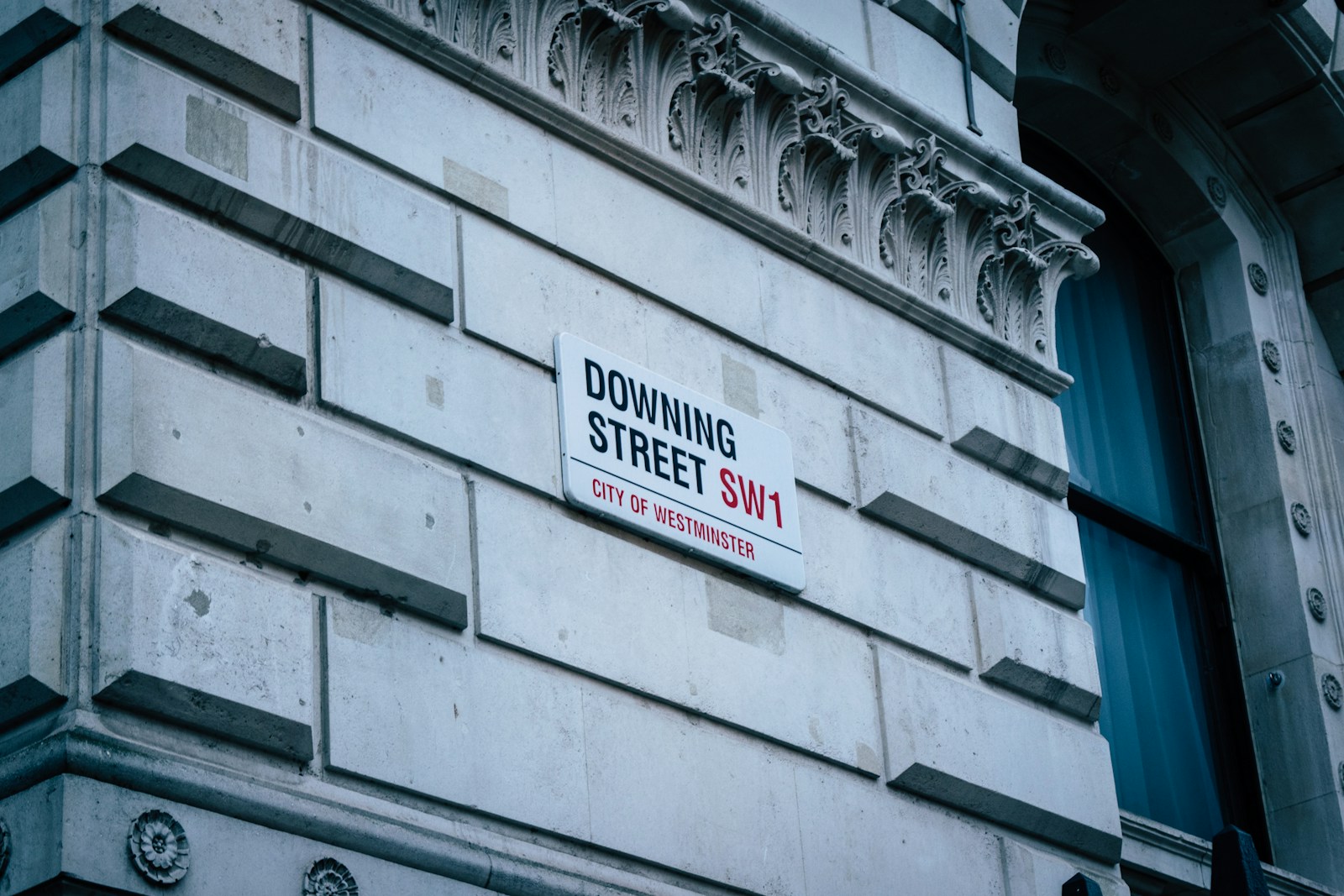Explainer: What exactly is the Personal Independence Payment?
Ahead of the government’s consultation later today on the future of the benefit, the Joseph Rowntree Foundation (JRF) explains what the Personal Independence Payment (PIP) is, who receives it and the context for expected reforms.
What is PIP?
Founded in April 2013, PIP is a benefit to help people with the additional costs of having a long-term physical or mental health condition or disability. In addition, it can aid help people who struggle completing day-to-day tasks or getting around because of their condition. Currently, it is not a means-tested benefit, anyone of working age can receive it. Depending on the results of the PIP assessment, people can receive a minimum of £29 a week and a maximum of £184.
How many people receive PIP?
As of January 2024, there were 3.3m claimants receiving PIP in England and Wales. From March 2022, the Scottish government began to replace PIP with the Adult Disability Payment (ADP), so any reforms announced will be unlikely to affect claimants in Scotland.
What should you know about PIP claimants?
PIP is a big share of many claimants’ income. Cutting the financial aid will lead to a big hit to future claimants living standards. On average PIP makes up around a fifth (21%) of incomes for households where someone receives it and this increases to one-third for those on the very lowest incomes (bottom 20% of incomes) (HBAI, 2021-22).
- 88% of working-age PIP claimants are not working (HBAI, 2021/22).
- Looking specifically at working-age PIP claimants in non-working households, we find that:
- Over 40% experienced food insecurity
- Around 35% were unable to keep their homes warm
- Around 70% are in material deprivation
- That is three times as much as the material deprivation rate across all working-age households, which is 22%
- Working-age PIP claimants are older than average.Around half of PIP recipients in England and Wales aged between 20 and 65 are aged 50 or older (DWP Stat Xplore, Jan 2024). This compares to around a third of the overall population of England and Wales. Note around a fifth of all PIP recipients are aged 65 or over
More broadly, almost two thirds of people in destitution – the most severe form of hardship – live with a chronic health condition or disability.
Why is the government reforming PIP?
A key driver of reform is, it would seem, controlling expenditure rather than a genuine desire to help people lead healthier lives. According to the latest research, the number of new PIP claims has increased rapidly in recent years, from a historic average of 15,000 new claims a month in England and Wales between 2017 and mid-2021 to averaging well over 30,000 a month more recently.
The PIP caseload in England and Wales has increased from 2.4m in January 2021-21, to 3.3m in January 2024, and is forecast to increase to 4.7m by 2028-29.This increased caseload is reflected in increased expenditure. In today’s prices: in 2023-24 the government spent £21.8bn on PIP, up from £15.6bn in 2020-21.
Spending is forecast to rise by around £11bn in real terms in the next 5 years, to £32.9bn by 2028-29.
What could happen to PIP?
The Prime Minister set out the outline of reforms he wishes to make to PIP in a speech on 19 April. He said he wanted the assessment to be:
- ‘More precise about the type and severity of mental health conditions that should be eligible’
- Linked ‘more closely to a person’s actual condition’
- ‘Requiring greater medical evidence to substantiate a claim’
And that the government will:
- ‘also consider whether some people with mental health conditions should get PIP in the same way through cash transfers’
Effectively, this means tightening the eligibility for PIP for new claimants.
The government’s consultation might suggest:
- Stopping on-going payments for some people and instead providing a one-off payment linked to a specific additional cost.
- Stopping eligibility for PIP entirely for people with some mental health conditions.
We await the consultation due to be published this afternoon for further details.
What should the government do?
The government is focusing on controlling the disability and incapacity benefit expenditure by limiting eligibility for potential claimants. This approach has been trialed previously and failed. We believe authorities would do better to focus on the underlying drivers of rising ill-health in the population – including rising deep poverty, rather than to dismiss it and seek to minimise recent trends. It should focus too on supporting people who want to work into employment, engaging with benefit claimants instead of ‘writing people off’.
Rather than haphazardly cutting incomes from potential claimants, the government should also recognise that the harshness of our social security system could potentially be pushing people towards the extra support that PIP and incapacity benefits can bring, as some experts have suggested . When the basic rate of Universal Credit is so inadequate, it is no surprise that people look elsewhere for support.
JRF is calling for an essentials guarantee that would embed in our social security system the widely supported principle that, at a minimum, Universal Credit should protect people from going without essentials. Developed in line with public attitude insights and focus groups, this policy would ensure everyone has a protected minimum amount of support in Universal Credit to afford the basics needed to survive.
Images: QuinceCreative and Nick Kane
More features:

















